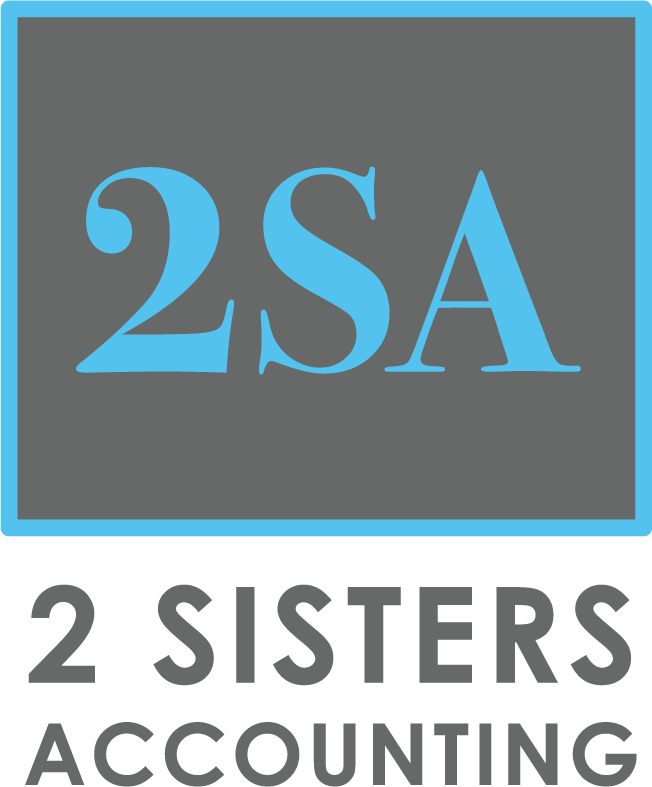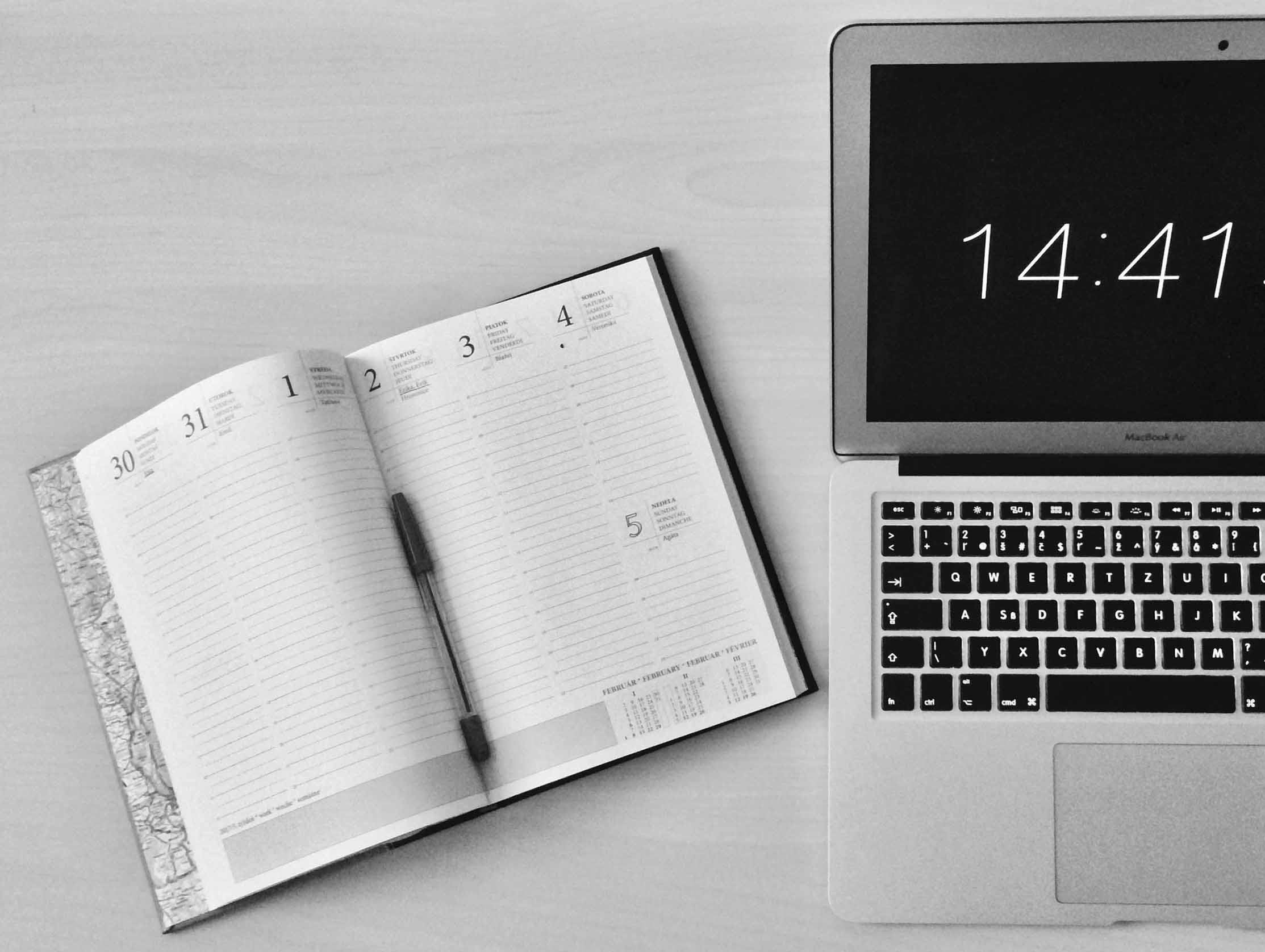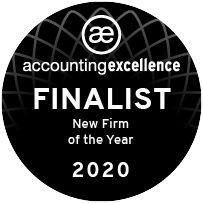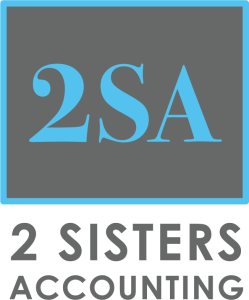EMPLOYMENT VS SELF-EMPLOYMENT
Whether you are employed or self-employed makes a difference to how you pay income tax and national insurance and how much you have to pay. It is important to understand your employment status so that you can ensure you are meeting your tax obligations.
SELF-EMPLOYED OR EMPLOYED?
There is no clear law on whether you are employed or self-employed and there are a number of things that are looked at to determine whether someone is self-employed. Someone is probably self-employed and shouldn’t be paid through PAYE if most of the following are true:
- they’re in business for themselves, are responsible for the success or failure of their business and can make a loss or a profit
- they can decide what work they do and when, where or how to do it
- they can hire someone else to do the work
- they’re responsible for fixing any unsatisfactory work in their own time
- their employer agrees a fixed price for their work – it doesn’t depend on how long the job takes to finish
- they use their own money to buy business assets, cover running costs, and provide tools and equipment for their work
- they can work for more than one client
Employment law doesn’t cover self-employed people in most cases because they are their own boss.
You are likely to be an employee if:
- You have an employment contract and work for a business which is not your own and in which you are not a partner.
- If you do something wrong, you are not financially responsible for the mistake
- You work a determined number of hours, probably for one business at a time, and you receive a regular pay packet each week or month from which tax and NIC have been deducted.
- The person or company you work for gives you time off for things like sickness and holidays, which is usually paid subject to the terms of the employment or according to statutory rules.
You can be treated like an employee if you are employed through an employment agency, since they may deduct NIC and PAYE from your wages, despite not working directly for the agency or the companies you are placed with. It is also possible that if you are doing two jobs you can be both employed and self-employed at the same time.
PAYING INCOME TAX WHEN SELF-EMPLOYED
On the whole, the income tax rates and allowances are the same for people who are employed and self-employed. Every worker gets a personal allowance – an amount that is taken tax-free.
If you are self-employed, you can offset some of your expenses against your income to reduce the tax that is owed. You can deduct expenses that are wholly and exclusively for business purposes, this includes things like accounting services, safety equipment, business phones, etc.
Rather than having tax deducted via PAYE throughout the year as employed people do, self-employed workers must file an annual self-assessment tax return. Self-employed workers need to register for self-assessment by 5th October when they first go self-employed, a return then needs to be completed by 31 January each year.
It is important to budget throughout the year for paying the tax liabilities that are owed, if you earn below £46,350 this would mean putting away roughly 20% of your income to meet the year end tax bill. There will also be national insurance due. You should also remember the payment on account. Under this system, you pay 50 per cent of your last tax bill towards your next year’s liability if the liability is over £1,000. This can be a surprise in the first year, but it’s important that you budget for it.
If you would like help with your self-assessment tax return book in a call at the top of the page to see how we can help.
